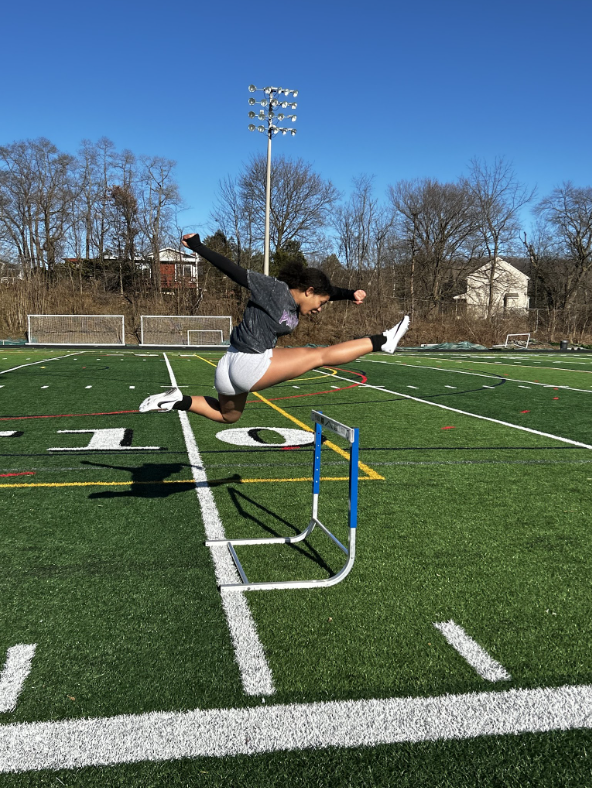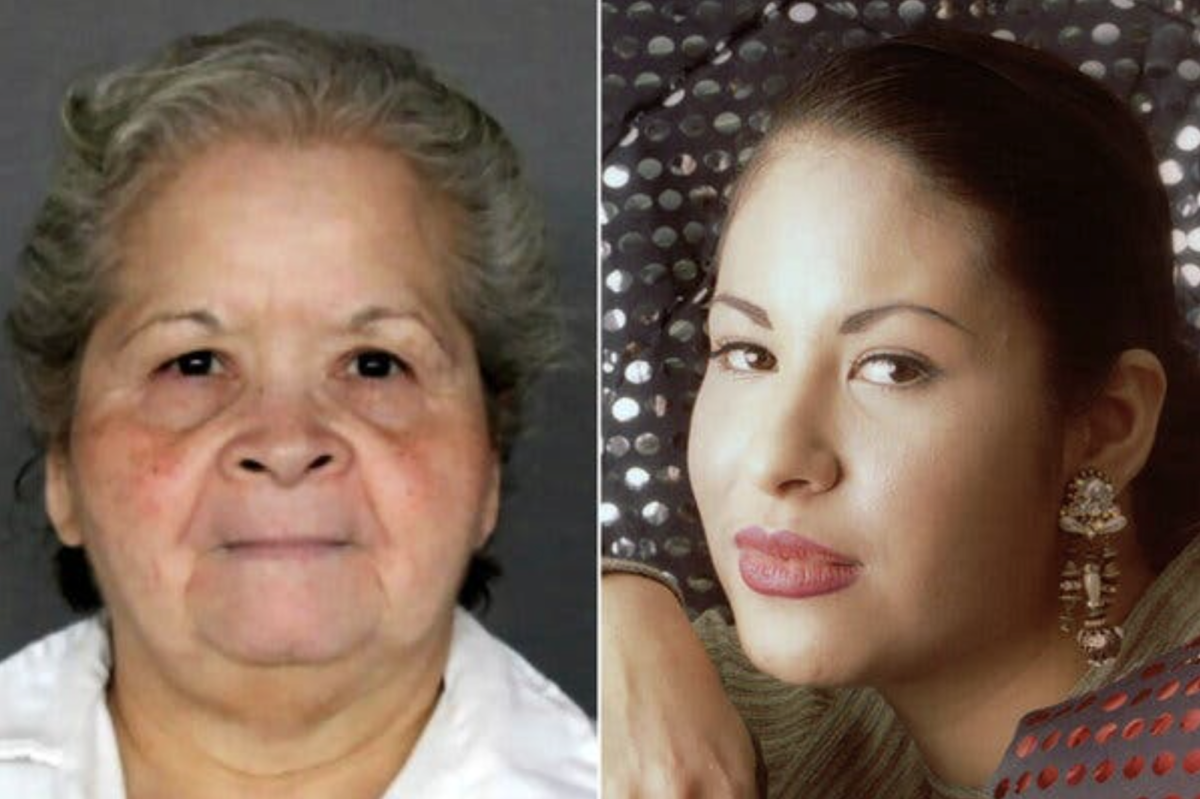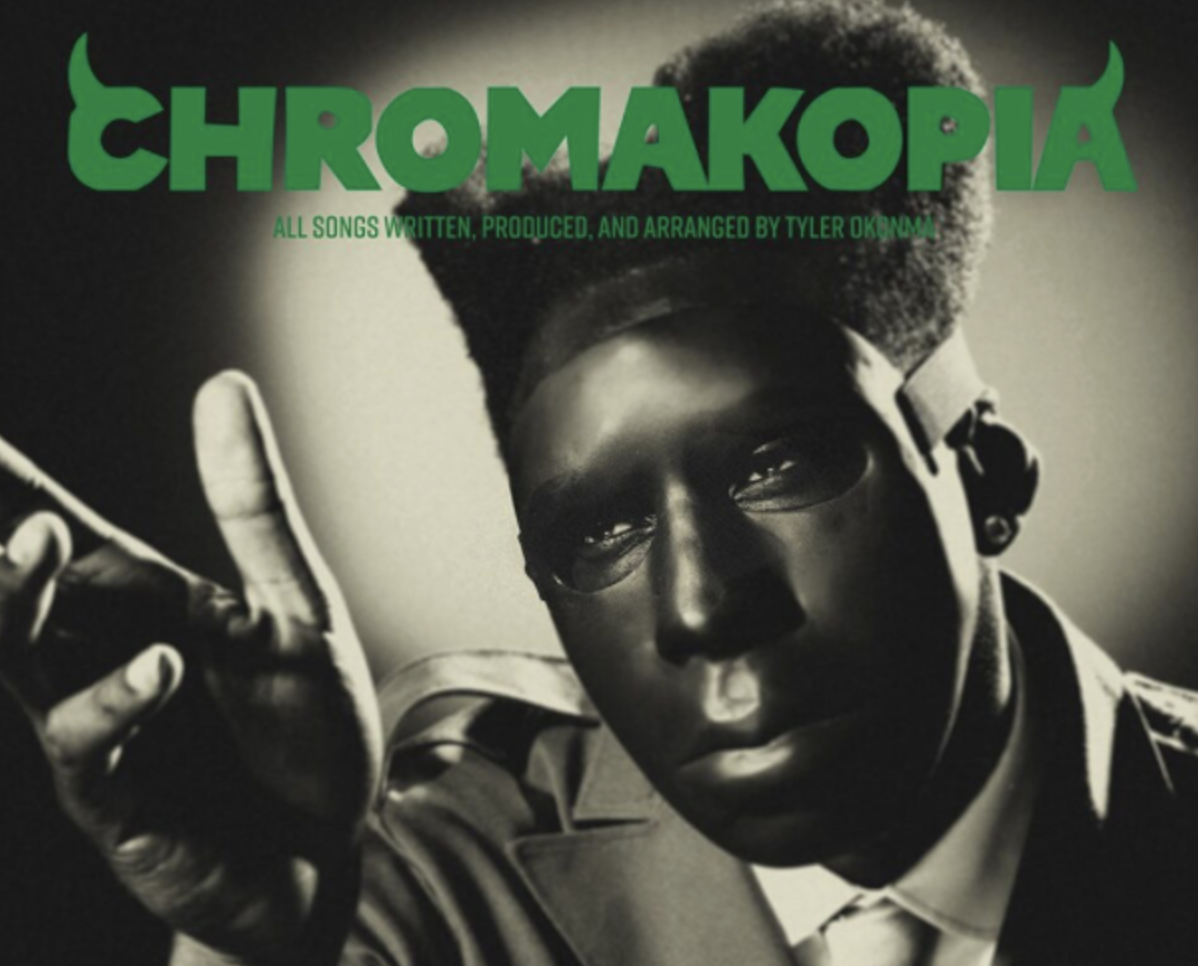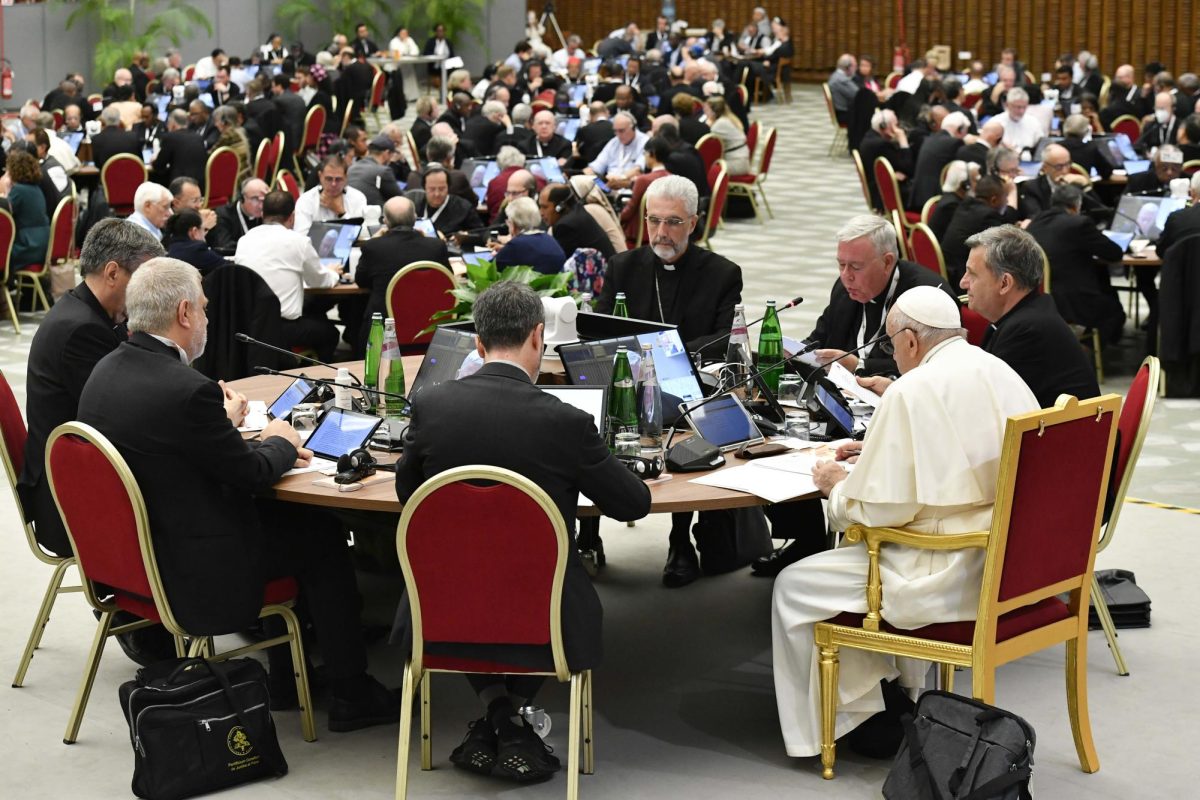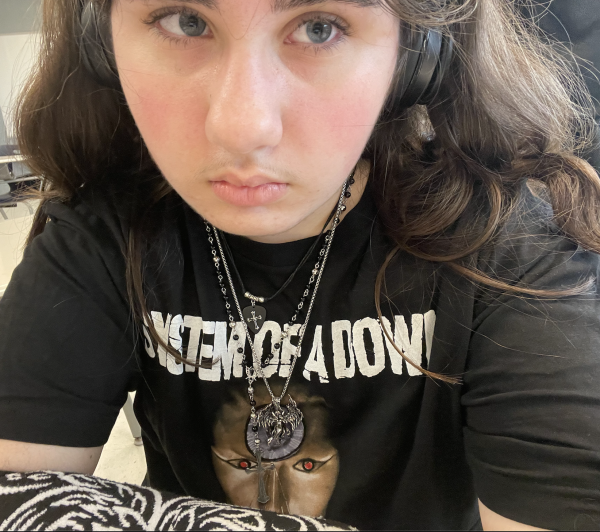This October marks the second session of the Synod of Synodality, following up on the one held last year. Controversial topics from last year’s meeting, such as allowing queer people to be ministers, have been covered. Yet the topic of ordained roles for women in the church was not settled and needed to be researched more.
The Synod on Synodality is a two-year celebration where priests and bishops come together in the Vatican to discuss the state of the church and its issues to make sure they can journey together.
For the last two years, the Synod has allowed laypeople to participate in the meetings so they could have an opportunity to share their thoughts. One largely discussed point was women in the church. There are 368 members in this synod, 96 of which are not bishops.
According to The Grand Heaven Tribune, last year when the first phase was concluded, it was deemed urgent that something had to be done so there could be fuller participation from women in church governance positions.
Advocates pushing for a movement towards women being ordained would help the shortage of priests and help address the issue of women being considered second-class in the church.
People opposing these opinions worry that this would be a step toward women being priests, Pope Francis assured that priesthood would remain all-male, and criticized agitators pushing for this movement.
His response outraged proponents of the ordination of women. At an event co-organized by the Women Ordination Conference, Miriam Duigan, a trustee at the Wijngaards Institute for Catholic Research, stated, “He is putting a spiritual stamp of approval on sexism. It is so irresponsible and dangerous for him to constantly criticize, belittle, dismiss and demonize women who are just saying ‘Stop lying. Stop hiding and stop trying to relegate us to second-class citizenship.’”
On the first day of the final Synod of Bishops, the study group focused on researching this possibility had stated that women will not become deacons, but they are still exploring other forms of involvement for women.
Cardinal Victor Manuel Fernández announced this during the afternoon session on Oct. 2. He stated, “We would like to share from the outset that, based on the analysis conducted so far – which also takes into account the work done by the two Commissions established by Pope Francis on the female diaconate – the dicastery judges that there is still no room for a positive decision by the Magisterium regarding the access of women to the diaconate, understood as a degree of the Sacrament of Holy Orders.”
In a separate interview conducted by CBS journalist Norah O’Donnell, she asked Pope Francis if women would ever have the opportunity to participate as clergy members, he responded “No.”.
“If it is deacons with Holy Orders, no. But women have always had, I would say, the function of deaconesses without being deacons, right? Women are of great service as women, not as ministers, as ministers in this regard, within the Holy Orders,” the pope concluded.
According to Cardinal Fernández, the study group has decided to proceed to draft a document regarding the topic, and the most interesting findings will be included from the commissions for women’s diaconate.
The document will dwell on numerous topics so a place for women in the church, decision-making processes and leadership positions can be properly developed. These subjects include the nature of sacramental power.
Origins of ministries, the nature of the church, and an exploration of the many ecclesial positions that don’t require the sacrament of Holy Orders will be included. This study is meant to conduct an in-depth analysis of the lives of women who’ve had authority and support in the church’s mission.













